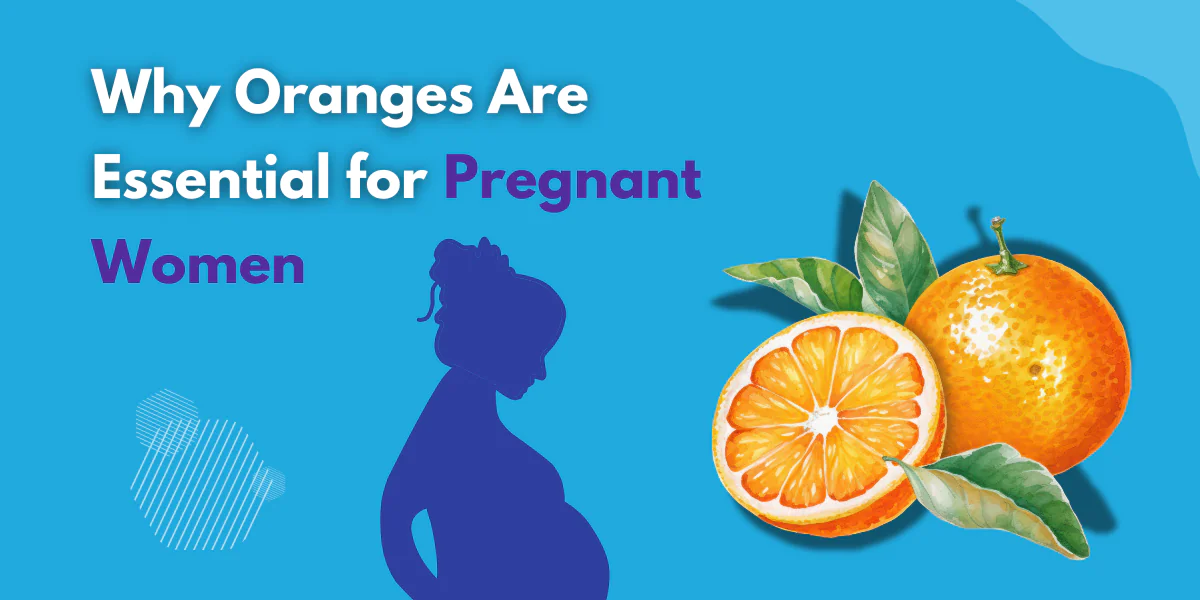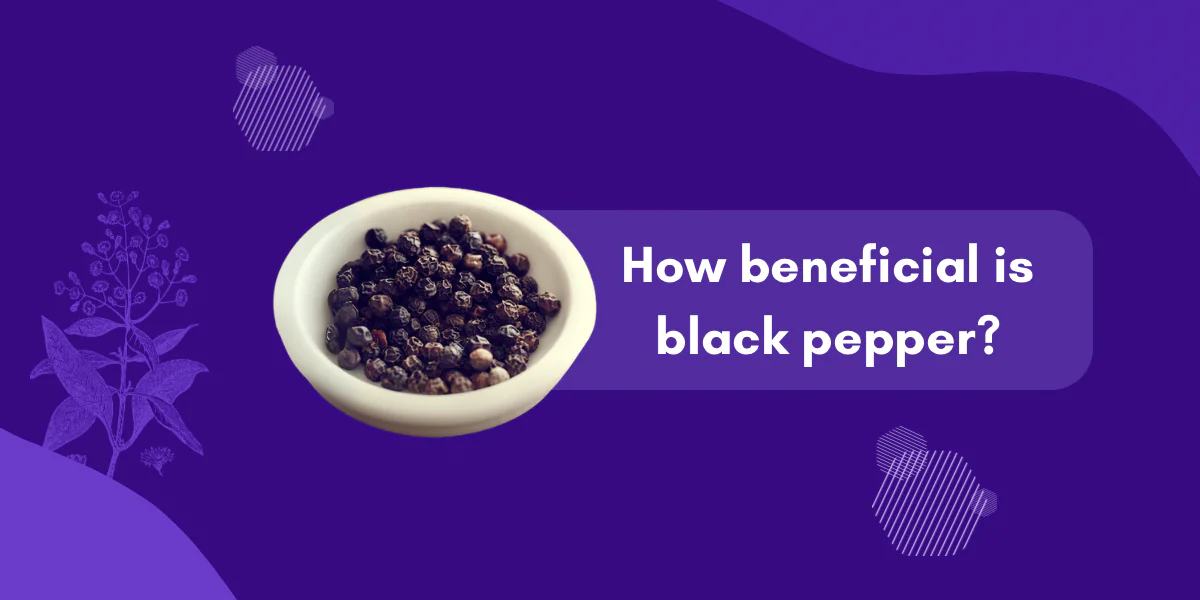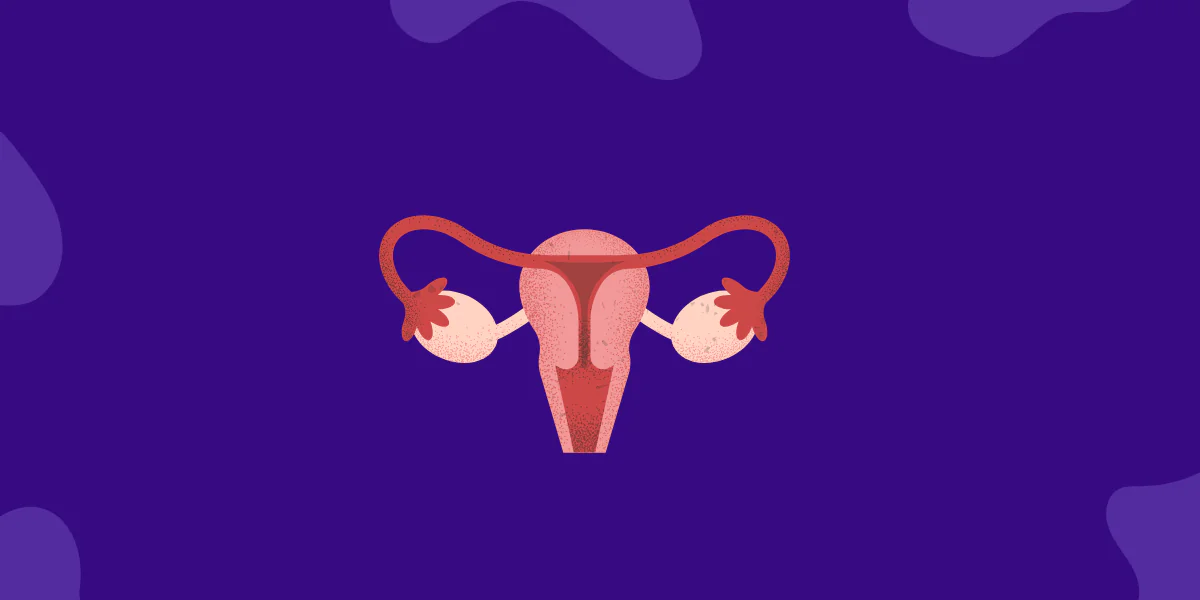Pregnancy is a period of immense change, and getting the right nutrients becomes crucial for both the mother and baby. One fruit that packs a punch in supporting these needs is the orange. Known for its high vitamin C content, oranges can help expecting mothers in several ways, from boosting immunity to aiding in digestion. Let’s dive into why oranges deserve a top spot in a pregnant woman’s diet.
Why Oranges Are Great for Pregnant Women
Oranges offer a variety of nutrients, including vitamins, minerals, and fiber, that make them ideal for pregnant women. These nutrients are particularly important in India, where vitamin deficiencies are common among women of reproductive age (Indian Council of Medical Research, 2021). Here’s why adding oranges to your diet can make a difference.
Nutritional Profile of Oranges
Oranges are known for their rich vitamin C content, but they offer much more. One medium-sized orange (about 130 grams) provides approximately:
- Vitamin C: 70 mg (almost 80% of the daily value)
- Folate (Vitamin B9): 30 mcg (8% of the daily value)
- Fiber: 3 grams
- Potassium: 237 mg
- Calcium: 52 mg
- Calories: Around 60 calories
Each of these nutrients supports different aspects of pregnancy, making oranges a natural, nutrient-dense choice.
1. Immune Support with Vitamin C
During pregnancy, a woman’s immune system needs a boost. Vitamin C, a potent antioxidant found in oranges, helps strengthen immunity. This nutrient assists in neutralizing free radicals, which can lead to oxidative stress, potentially affecting pregnancy outcomes.
Sources suggest that vitamin C also helps the body absorb iron better (Indian Journal of Medical Research, 2019). This is particularly important in India, where iron-deficiency anemia is prevalent among women, especially during pregnancy. By including oranges in your diet, you can support both immunity and iron absorption, which is key for preventing anemia.
2. Fetal Development with Folate
Folate, or vitamin B9, is essential for preventing neural tube defects in babies, especially in the early stages of pregnancy. Neural tube defects can lead to conditions like spina bifida.
One orange provides around 30 mcg of folate, making it a natural source to supplement your prenatal vitamins. Since folate is water-soluble, the body needs a continuous supply, which oranges can conveniently provide.
3. Improved Digestion Due to Fiber
Constipation is a common complaint during pregnancy, especially as hormone changes and an expanding uterus slow down digestion. Oranges are rich in dietary fiber, which can help keep things moving in your digestive system.
Fiber helps in easing bowel movements by adding bulk to the stool and promoting gut health. Regular consumption of oranges can help you avoid the discomfort of constipation, a common issue for many Indian women in the later stages of pregnancy.

4. Blood Pressure Regulation with Potassium
High blood pressure, or hypertension, can pose serious risks during pregnancy. Potassium helps regulate blood pressure by balancing sodium levels in the body. This mineral plays an important role in heart health and fluid balance.
With 237 mg of potassium in a single orange, this fruit supports cardiovascular health, making it a smart snack for expectant mothers at risk for gestational hypertension.
5. Hydration Support
Dehydration is often overlooked in pregnancy but can lead to fatigue, headaches, and other complications. Oranges, which have a high water content (around 85%), contribute to daily hydration needs. This is especially helpful in India, where temperatures can soar and dehydration is a common concern.
By staying hydrated, you also support amniotic fluid levels, which are vital for your baby’s development.
6. Bone Health with Calcium
Calcium intake is crucial during pregnancy to support the skeletal development of the baby. Although dairy is a more concentrated source, oranges contain a small amount of calcium that can contribute to daily intake. This is especially beneficial for women who might be lactose intolerant or prefer a plant-based diet.
How to Incorporate Oranges into Your Pregnancy Diet
Oranges can be enjoyed in various forms, making it easy to include them in your daily diet. Here are some ideas:
- Fresh Snack: Peel and eat as a quick, refreshing snack.
- Juice: Fresh orange juice (without added sugar) is a delicious way to start your day.
- Salads: Add orange slices to salads for a tangy twist.
- Smoothies: Blend with other fruits for a nutrient-rich smoothie.
- Desserts: Use oranges in desserts, like a yogurt parfait or a fruit chaat.
When to Avoid Oranges During Pregnancy
While oranges are generally safe and healthy, there are a few considerations:
- Acidity Issues: Oranges are acidic, which can cause heartburn, especially in the later stages of pregnancy. If you experience heartburn, limit citrus fruits or opt for less acidic options like bananas.
- Diabetes Management: For those with gestational diabetes, be mindful of portion sizes, as fruits contain natural sugars. Consult your doctor to understand how many servings of fruits, including oranges, are suitable for you.
Selecting the Best Oranges in India
In India, oranges are typically available in two main varieties: Nagpur oranges (mandarins) and kinnow. Both are rich in nutrients, but each has unique flavors. To choose the best ones:
- Look for Firmness: Choose firm, heavy oranges as they have more juice.
- Avoid Bruises: Bruised oranges spoil faster.
- Seasonality: Winter is the peak season for Nagpur oranges, known for their sweetness and quality.
Cultural Considerations and Myths
In India, some traditional beliefs caution pregnant women against consuming certain fruits, including oranges. However, there is no scientific evidence suggesting that eating oranges poses any risk during pregnancy. It’s essential to rely on evidence-based practices rather than myths.
Final Tips for Adding Oranges to Your Pregnancy Diet
- Moderation is Key: Eating 1-2 oranges daily is generally safe and provides a nutrient boost without excessive acidity.
- Combine with Other Foods: Pairing oranges with nuts or yogurt can add more protein and healthy fats to balance your meal.
- Practice Good Hygiene: Rinse oranges thoroughly before peeling to avoid any potential contamination.
Oranges are versatile, delicious, and packed with nutrients that support both mother and baby. Adding them to your diet can help you meet many of your pregnancy’s nutritional needs, supporting a healthy pregnancy journey.
Read Also: Youthful Skin Secrets Benefits of Oranges for Collagen
Medical Disclaimer: This article is for informational purposes only and is not a substitute for professional medical advice. Always consult with a healthcare provider for personalized recommendations.




















